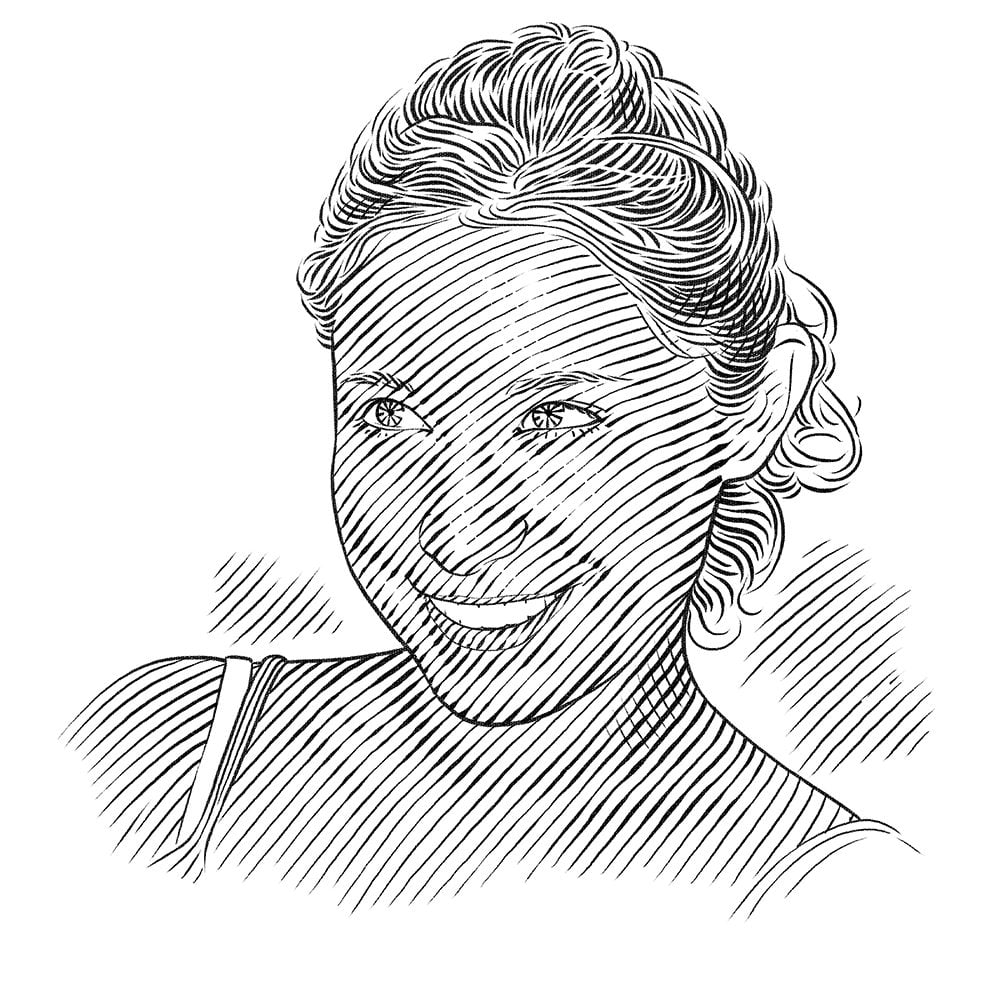Daniela Cruz

Who I am
I’m passionate about the conservation of nature and about education. Ever since I was a little girl I have had a special interest in the wonders hidden in Ecuador’s natural protected areas. As my parents used to develop educational material for park rangers working with local communities, I was lucky enough to visit a wide range of national parks located in the highlands, the Amazon basin and the coastal region, including the spectacular Galàpagos Islands. This was the beginning of my journey as a naturalist that later led me to study biology at university and get involved in projects that seek to manage Ecuador’s natural resources. However, my main focus has been to contribute to the sustainable use and management of natural resources in terrestrial and marine protected areas through education.
Where I work
For the past decade I’ve been working hand in hand with different organisations involved in the preservation and protection of nature in Ecuador. For eight years now I have been an active member of the Centro de Educación y Promoción Popular (CEPP; Centre for Popular Education and Promotion), an Ecuadorian NGO that has more than 30 years of experience developing educational and environmental awareness programmes.
During this time I have realised that this organisation is more than a place of work; it has become a second home to me, giving me the chance to engage and interact with different people from diverse cultural backgrounds, including park rangers, volunteers and academic professionals. It has also enabled me to experience at first hand the incredible impact that education has on people’s lives, and to understand that conservation is truly possible only when there is a synergy between civil action and government involvement.
What I do
Since 2012 CEPP has been part of an initiative called Aula Verde, the first systematic training programme for environmental protection in Ecuador. Aula Verde focuses on one of the most important elements of conservation: human talent. Park rangers, administrators and environmental technicians are at the front line of conservation. Their training and professional development are essential if relevant conservation and environmental goals are to be reached in the future, and if Ecuador’s national network of protected areas is to be strengthened.
My main activities relate to the development of the programme’s educational material in areas such as the management of biodiversity and natural resources, patrolling, tourism and environmental education and interpretation. Once the material is ready, the next part is to coach local instructors, who will then go out to protected areas to train park rangers on the ground.
Every month I visit certain areas to evaluate the impact of the training programme and see the improvements in management activities. This is a great opportunity to get to know the people behind conservation efforts on the ground, understand their hard work and their passion, and discover what they need and what solutions our programme can provide.
Today, 50 natural protected areas – terrestrial, marine and coastal, representing 19% of the country’s territory – are part of this revolutionary programme. We keep working to expand this initiative in the hope that it will become a model that other countries in our region will follow.
